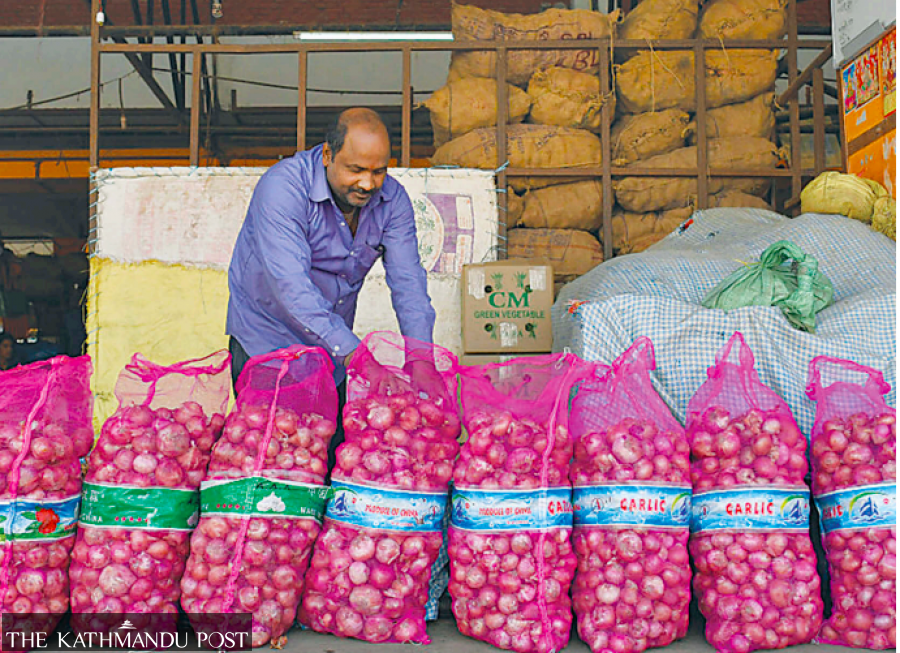Editorial
Let’s grow our own
The state cannot remain a mute spectator when market-driven imports are causing a dent in the economy.
The transition from being an agricultural country to a food import-dependent country is not too long, as Nepal’s import-export data over the past two decades have shown. As the Post reported on Thursday, food imports, primarily from neighbouring India, have continued to soar in the years gone by, with the fiscal year 2020-21 seeing a 39 percent year-on-year increment. The amount of money we spend on rice imports is enough to let us know how badly we are faring. In 2020-21, Nepal imported 1.2 million tonnes of rice worth a whopping $402.91 million. That is a monumental increase from the imports two decades ago, where we imported 8,025 tonnes worth $1.74 million.
This clearly shows an incessant hunger for rice while local alternatives could be used by bringing a much-needed balance in our food consumption pattern. But rice is not the only food item we spend a spectacular amount of money on, for the country spent nearly $1 billion on food imports in 2021, a 78-fold increase from 20 years ago. The spectacular rise in the import of food products while the export of the same remains lacklustre reflects the government’s failure to modernise agriculture and use it to the benefit of the people. It is also a reflection of the fact that the government has left the task of food management almost entirely to the market, leading to the expenditure of an enormous amount on food imports.
If arable lands in peri-urban areas are fast adapting non-agricultural activities, agricultural terraces in rural hinterlands that have provided food for generations of Nepalis are being left unattended as more and more Nepalis are migrating to the cities in search of opportunities and comfort. Moreover, the growth of disposable income facilitated by foreign remittance has made people more dependent on the import of food rather than agricultural production. Ultimately, it is the people’s hard-earned money that is going out of the country. The longer we remain dependent on food imports, the more economically vulnerable we become. However, successive governments have failed to lead us in that direction.
As the prices of food continue to rise, we are doomed to spend an ever-increasing amount of money on food imports in the years to come if timely intervention is not made. This also leads to an unequal distribution of food, as only those with the means to purchase expensive food items have access to food while those with limited means are left out. There is an urgent need to overcome the food import dependency and find local solutions towards self-sufficiency. This calls for a slew of reforms in the agricultural sector, ranging from support to local farmers through subsidies in essential agricultural tools, to minimum support price to insure the farmers against unusual dips in food prices. The state cannot remain a mute spectator when market-driven imports are causing a dent in the economy.




 13.12°C Kathmandu
13.12°C Kathmandu














